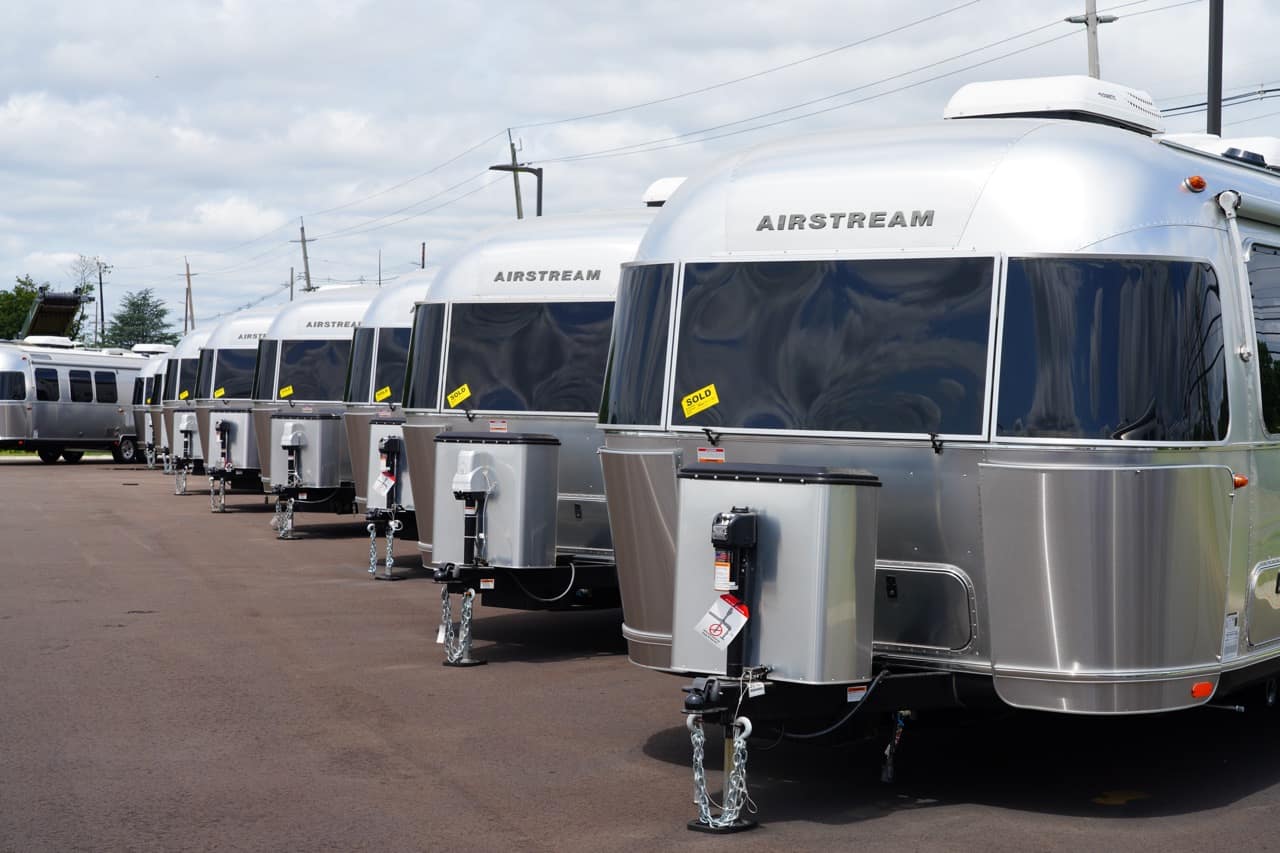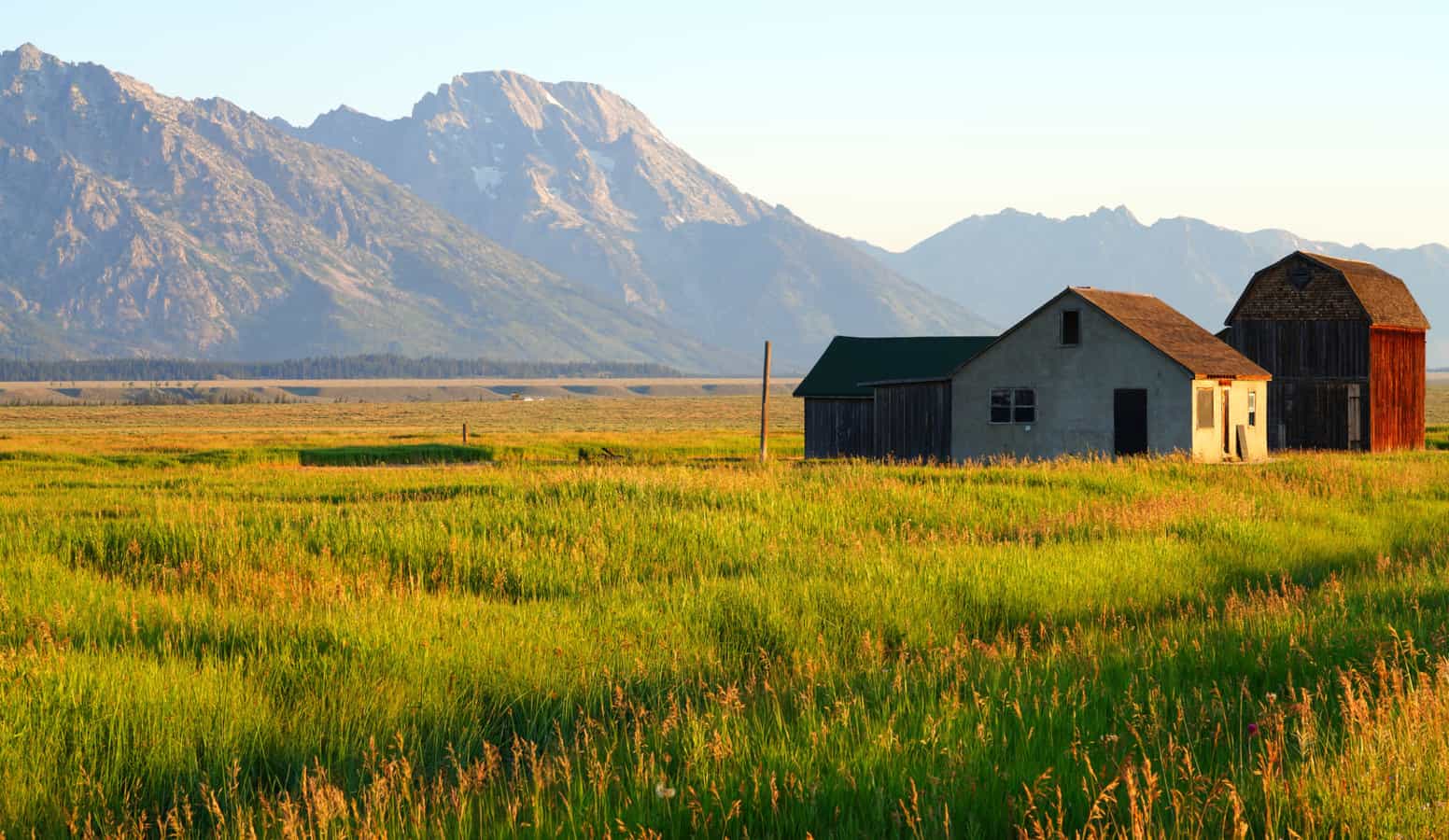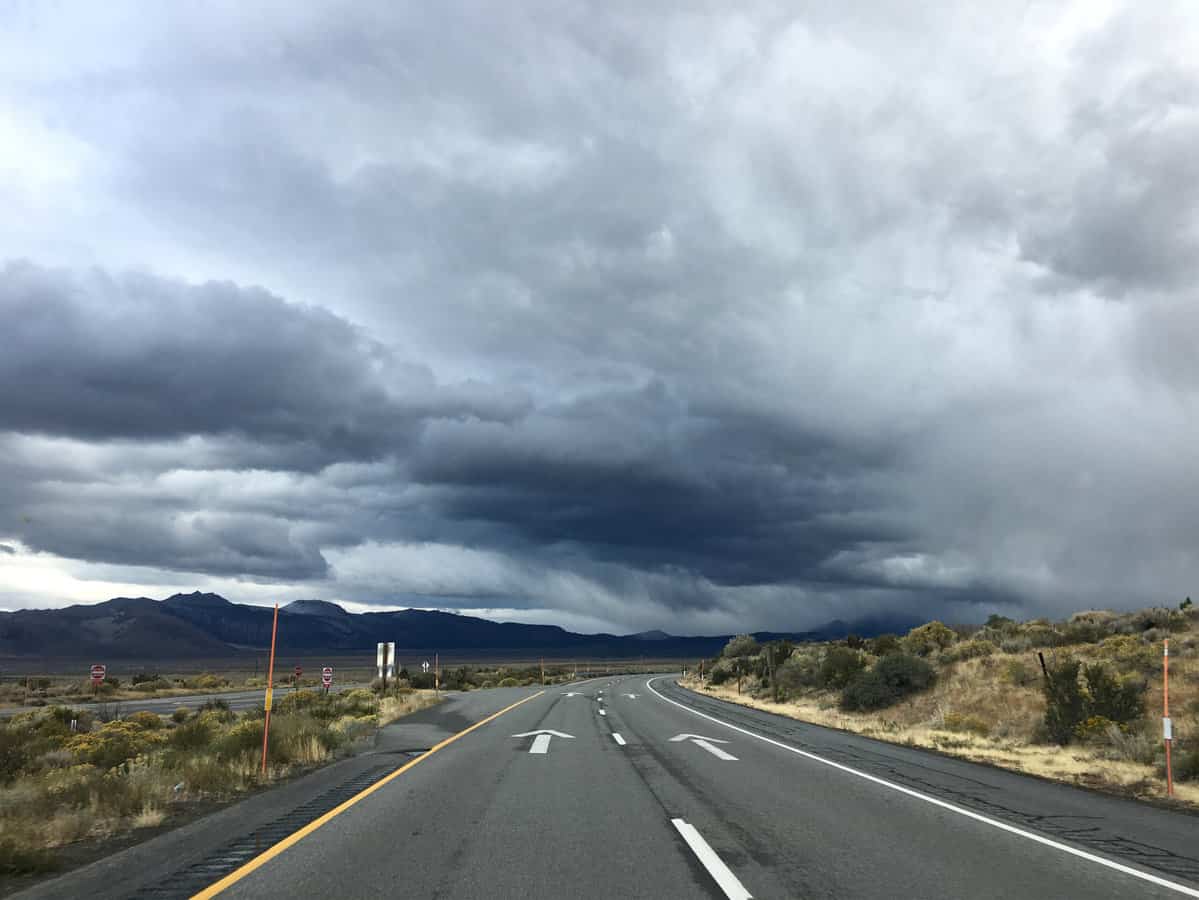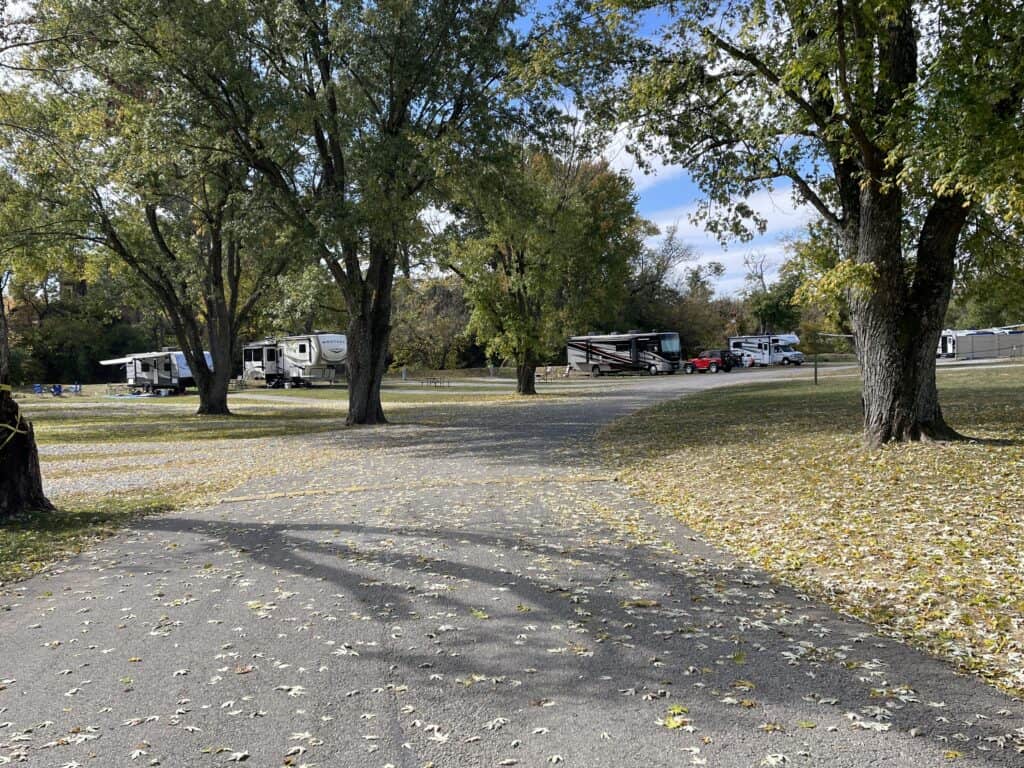
Can You Leave Your RV Unattended Overnight?
The legality of leaving your RV unattended overnight is not a simple yes or no question, but rather depends on various factors.
The rules for parking an RV vary depending on the location. Certain campgrounds forbid leaving unattended RVs overnight, while stores like Walmart allow overnight parking as long as someone is present. However, some parks and campgrounds permit seasonal camping, allowing RVs to be parked for an entire season.
In many of the seasonal camping environments (like some Thousand Trails parks), you are not allowed to live in the RV full-time. You must vacate the RV periodically and leave it unattended because the RV campground is not zoned as a mobile home park where people can live in their RVs year-round. The determining factor of whether you can legally leave your RV unattended overnight is determined by zoning laws, state, federal, or forest service regulations, store policy, and campground rules.
Therefore, the short answer to this question is, it depends. So, let’s look a little closer at what governs these decisions.
State parks and Forest Service campgrounds
Many state parks and forest service campgrounds are very reasonably priced camping options, and during their peak season, they are typically very popular places for people to recreate. Making reservations in advance for the busiest dates like Memorial Day or the 4th of July weekend in state parks will guarantee a place to camp, but it is often difficult to get a reservation at these parks during peak times.
As an alternative, there may be a forest service campground in the same area, but many of them are first-come, first-serve. Therefore, it’s conceivable that people could take their RV to one of these campgrounds a week or so before the holiday weekend, set up camp, pay for the duration of their stay (including the holiday), but leave the camp and RV unattended until the beginning of the holiday weekend. Perhaps they need to be at home for work or school, but they wanted to be sure they’d have a place to camp when the holiday weekend arrived. And this practice is one of the primary reasons forest service campgrounds prohibit unattended RVs from being parked in their campgrounds. As a side note, you also could not legally set up a tent site in one of these campgrounds and leave it unattended.
Safety concerns
In addition, unattended campsites are not allowed for safety reasons. In case of emergencies like flooding, fire, or storms, park officials must reach all campers quickly for evacuation. Without contact information, park officials can’t address problems with the RV, risking harm to the park, campers, and the environment.
For example, if an RV catches on fire or the RV develops a leak which floods an adjacent campsite, or something else goes wrong, the park needs to be able to contact the RV owner. The registration paperwork provided at these types of campgrounds is sketchy at best, including just the site number, dates of occupancy, vehicle license number, and possibly the name of the camper. This data is not input into a database and is not readily available to a camp host in case an emergency does occur, so they would not have any way to call or contact RV owners of unoccupied RVs.
All the reasons listed above for state parks and forest service campgrounds also apply to privately owned parking lots like Walmart.
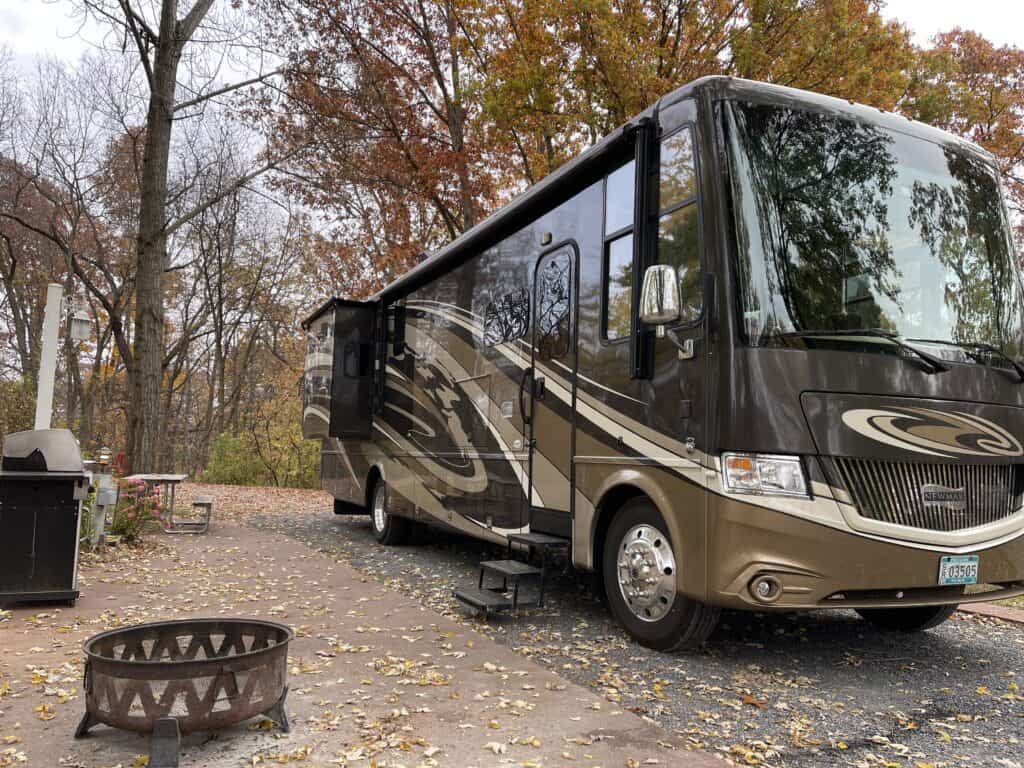
Private campgrounds
On the other hand, many private campgrounds encourage and seek out seasonal campers. They incentivize seasonal camping by offering reduced fees. In these private campgrounds, leaving an RV unattended overnight is permissible and in some cases required. Some private campgrounds only rent space to long-term campers or full-time campers, but most private campgrounds rent to both seasonal and transitory campers. Transitory RVers are short-term tenants who stay from one day to a few days.
Seasonal tenants
Long-term tenants, on the other hand, fall into two different categories. These two types are seasonal tenants and full-time RVers. But who can stay where and do what is often controlled by local zoning laws and campground rules. As mentioned above, some parks are not zoned for full-time occupancy.
You can park your RV in their park for months, but you cannot live in it full-time, as it would be considered a mobile home. As a seasonal tenant, you can stay for varying periods of time, but eventually, you must leave your RV unattended.
These facilities are luxurious, resembling vacation spots rather than regular RV parks. Some are even considered resorts, where people stay long-term and use their RVs as vacation homes. To secure a spot, prospective tenants must submit personal and financial details, along with information about their RV and contact information.
Full-time RVers
The other type of long-term camper, other than seasonal campers, is full-timers. These are people who live in their RVs full-time and they don’t have an alternative residential address, or their residence is too far away to be reached easily. Many full-timers are simply continuous travelers. They use their RV as a base for their adventures and travels, but these folks don’t all keep moving from place to place with their hair on fire month after month.
Some full-time RVers stay in one campground for a while to explore the area, while others use their RV as a base for work. Both full-time and seasonal RVers are allowed to leave their RV unattended overnight in private campgrounds or resorts.
The park has their tenants’ names, phone numbers, and other contact info in a database in case they need to contact someone regarding their RV or anything else, like damage that occurred in a storm. The resort is not concerned if an RV is unoccupied overnight (or even for months on end) because they have planned for that eventuality.
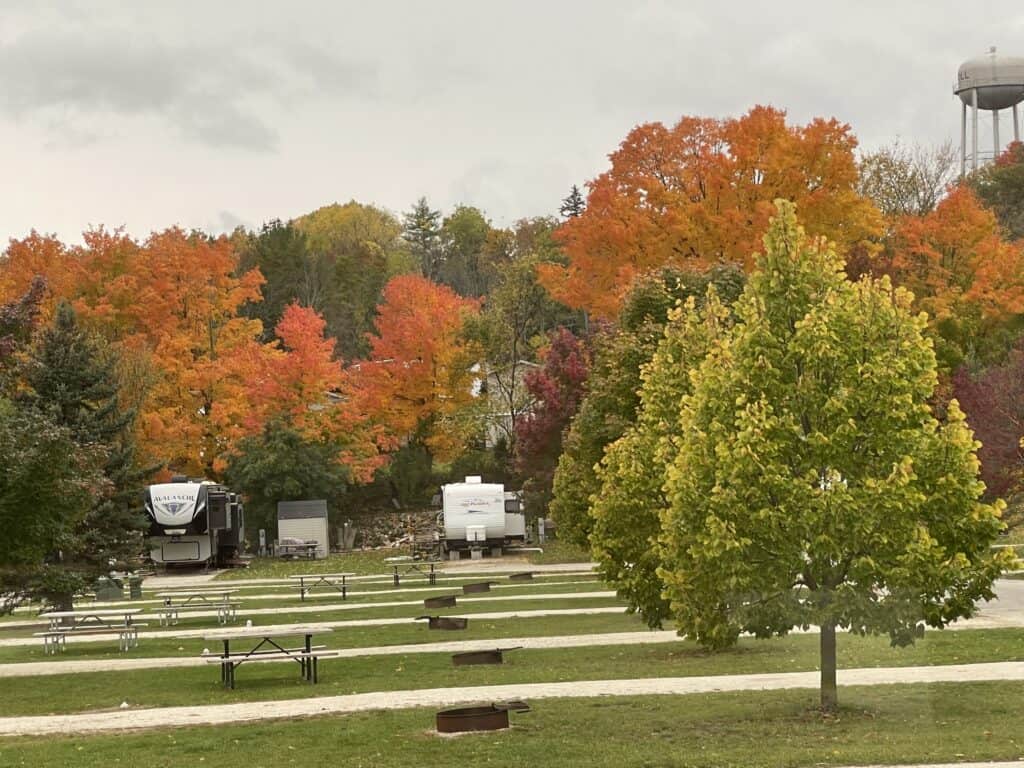
Conclusion: Can you leave your RV unattended overnight?
- YES, in some private campgrounds and resorts, it is legal, and depending on the zoning laws for some parks, it’s required.
- NO, in other types of campgrounds and private parking lots, it is not legal to leave your RV unattended overnight.
So, the best answer to this question is, “Well, it all depends.”
Get tips from other RVers
One of the best parts about RVing is engaging with the community of traveling enthusiasts. iRV2 forums allow folks to chat with other RVers online, and get other perspectives on everything RVing.
Related articles:


